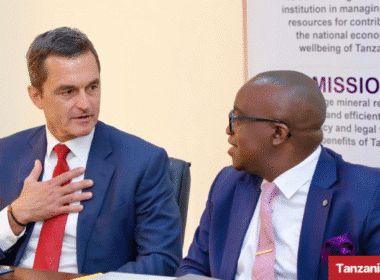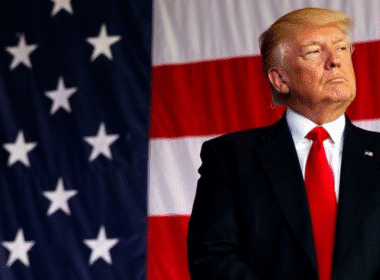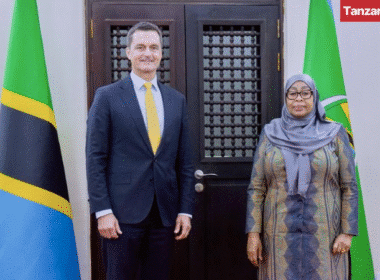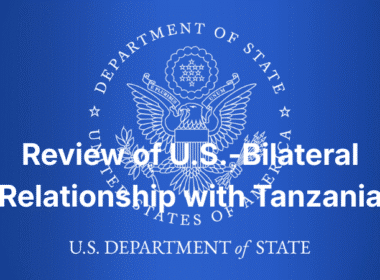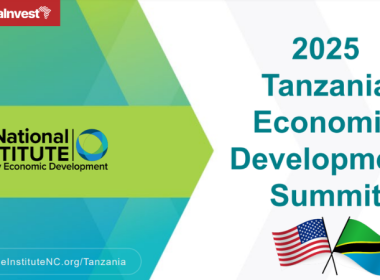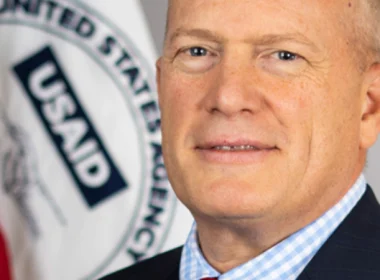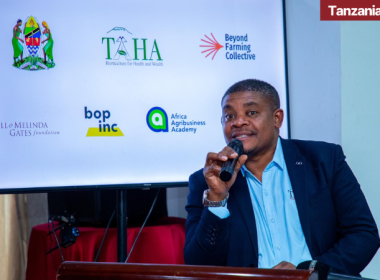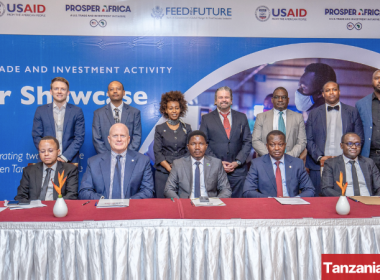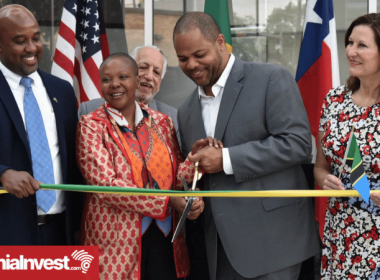US
 Tanzania-United States Relations
Tanzania-United States Relations
The United States (US) established diplomatic relations with Tanzania (then Tanganyika) in 1961.
The US is committed to strengthening democracy in Tanzania and working with Tanzania on women’s and children’s health, HIV/AIDS, nutrition and food security, economic growth, energy, sustainable development, and security.
In August 2016, the US Agency for International Development (USAID) committed to investing USD407m in Tanzania in 2016.
According to the US Embassy to Tanzania: “This USD407m investment would represent half of the annual budget that the US Government spends on development and other bilateral programs in Tanzania, which are implemented partly by the Government of Tanzania and by non-governmental implementing partners working in Tanzania.”
USAID Tanzania
USAID began working in Tanzania (then Tanganyika) in the early 1960s to build human capacity in the public service sector, for which education was a priority.
USAID helped to establish:
– The Morogoro Agricultural College
– The Institute of Public Administration
– Teacher training colleges in both Iringa and Dar es Salaam
While focusing primarily on education, USAID also invested in community development, conservation and infrastructure projects in order to transport food and water to rural areas.
In the 1970s, USAID focused on large-scale agricultural projects with the goal of increasing small farm outputs in Tanzania.
Programs included increasing credit available to farmers, and bolstering the extension service within the Ministry of Agriculture, including seed multiplication and distribution.
In the 1980s, USAID’s core objective for Tanzania was to increase transportation services in rural areas. In the 2000s, USAID shifted its focus to health initiatives in Tanzania.
MCC Tanzania
The Millennium Challenge Corporation (MCC), a US government aid agency, completed in 2013 its Tanzania Compact, designed to benefit more than five million people by investing in the country through targeted infrastructure improvement projects in transportation, energy, and water. A total of USD698.1m was disbursed.
However, the MCC had suspended its Tanzania Compact II, worth USD472m (£331m), after criticizing the 2016 Presidential elections in Zanzibar that were deemed ” neither inclusive nor representative”.
Tanzania-US Trade
Tanzania’s exports to the US are dominated by agricultural commodities, minerals, and textiles while imports from the United States include wheat, agricultural/transport equipment, chemicals, used clothes, and machinery.
Tanzania is eligible for preferential trade benefits under the African Growth and Opportunity Act. The United States also has Trade and Investment Framework Agreements with the East African Community (EAC) of which Tanzania is a member.
US-Tanzania trade in goods totaled USD 424 million in 2022, with the US exporting USD 260 million and importing USD 164 million.
This represents a 7.9% decrease in US exports and a 67.5% increase in US imports from 2021. The US goods trade surplus with Tanzania was USD 96 million in 2022, a 47.9% decrease from 2021.
Top US exports to Tanzania:
- Machinery
- Transportation equipment
- Chemicals
- Food and agricultural products
- Mineral fuels
Top US imports from Tanzania:
- Apparel and textiles
- Coffee
- Cashew nuts
- Spices
- Tobacco
US FDI in Tanzania
US foreign direct investment (FDI) in Tanzania totaled USD 1.4 billion in 2022, a 3.5% increase from 2021. US companies invest in a variety of sectors in Tanzania, including energy, mining, manufacturing, and tourism.
Last Updated: 8th November 2023






